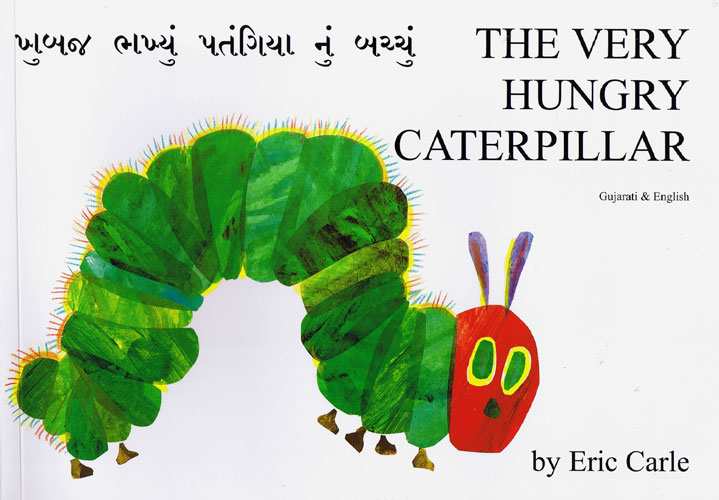


But there are too many hurdles in their way. Amrita and Someshwar get tied up in a bond. Her aunt gradually takes possession of Amrita’s household and her father too. Amrita has lost her mother when she was very young. Though married, Amrita does not live with her husband Ranga. Destiny brings Someshwar and Amrita together. Intending to start anew he shifts his base from Mumbai to Mysore from a wellsettled business to a fresh start.Amrita, a married woman with two young children stays alone in her farm house with the two children and is a lecturer in the college. Someshwar, our hero is an architect who has lost his wife a few years back. This powerful novel questions what it means to be a witness-in a courtroom, before the gods, to the lives of others, or finally to one’s self.Ī story takes place in the city of Mysore.

Bhyrappa’s portrayal of the greedy Nagappa, who grudges his only grandson the rice he eats and the arrogant, selfish and lustful Manjayya creates indelible impressions on the mind. Parameshwarayya observes his daughter Savitri, son Ramakrishna, son-in-law Satyappa, the woman Lakkoo and the sensitive Dr Hasheem as they are confronted by difficult decisions and revelations, which cause them to look inward and attempt an appraisal of their lives and values. Thereafter, he commands Parameshwarayya to return to earth in spiritual form to witness, but not to intervene, in subsequent events. Yama, the god of death and righteousness, affords him the privilege of presenting his case himself. Overcome by guilt at having committed perjury in court, in a murder trial, Parameshwarayya, a village elder, commits suicide. Saakshi uses the Puranas and Vedanta as well as Gandhian concepts to discuss the meaning of truth and its distortions through greed, sexuality and desire. Succeed in endowing her children with the morals lacking in those around them? Or will meanness,

Her daughter to a respectable school teacher in spite of her husband’s wish to settle for a moreįinancially convenient alliance? Can Nanjamma prevent her home from being destroyed? Will she Will Nanjamma’s dream of sending her son to school be fulfilled? Will she be able to marry off Of home to earn a little more by making and selling leaf plates. Upon herself her husband’s job of handling the village accounts and steps out of the boundaries Who refuses to take on any household responsibilities, and with all the baggage a mother has toīear, Nanjamma stands tall with her resilience, presence of mind and sheer courage. Set in pre-independence India, Grihabhanga is a compelling story of one woman's relentless struggleĪgainst abuse, treachery, poverty, famine and superstitions that riddle village life.ĭespite a shrewd mother-in-law who blames her for every misfortune, an incorrigible husband A master of detail, Bhyrappa mines the ancient epic to humanise characters who have, for centuries, been looked upon as gods beyond reproach, bringing us as close as we’ll ever come to understanding them. Uttara Kaanda is Sita’s soliloquy: O Rama, I loved the pure man you were in your youth, not the man you have become-not this man who is shackled by the royal throne. When they return from their long exile, Rama is anointed king of Ayodhya, but a pregnant Sita is sent away to live in a forest. Her entire life has been a quest for home, a sense of belonging. In Bhyrappa's Uttara Kaanda, Sita looks back on her life-abandoned at birth and abandoned again by her husband. Lakshmana's subservience to his brother was not absolute power had changed Rama and Sita never recovered from the humiliation of her banishment. In it he saw Rama, Lakshmana and Sita as human. However, the all-pervasiveness of the Rama discourse on Indian writing and philosophy compelled him to examine the final volume of the original epic: Uttara Kaanda. Bhyrappa's twenty-fourth novel, the stalwart of Kannada literature said that he had been so overwhelmed by Valmiki's Ramayana that he couldn't go beyond Ayodhya Kaanda. On the original release of Uttara Kaanda, S.L. When Rama tells Sita, ‘I fought for my clan’s glory, not for you.’ Do you expect sita to remain unchanged?


 0 kommentar(er)
0 kommentar(er)
